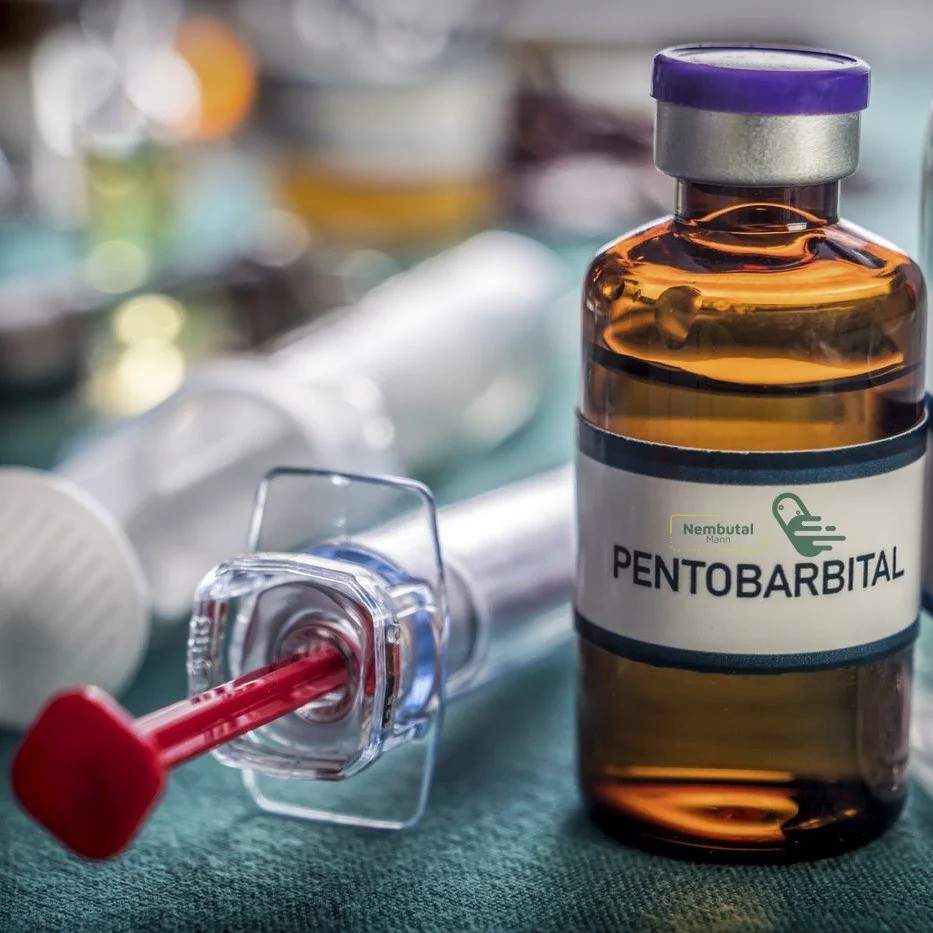- Drive In Korea With Your US Driver’s License! 11062020.08.20
- How to submit UK documents to UAE? -UAE embassy certification in UK5542020.08.20
- How To Get Apostille On Documents From Guatemala 7572020.08.21
- [KICPC new service!] Get a Malaysia Embassy Certificate in the US4622020.08.21
- [KICPC new service!] Qatar Embassy Certification in the US5412020.08.21
How To Get Apostille On Documents From Guatemala
2020.08.21Hi, this is KICPC
What comes up to your mind when you think ‘Guatemala’?!
Coffee..? Maya Civilizations...? Tequila...?!
Well.. coffee is the first thing that pops up in my mind!

Guatemala is a Central American country south of Mexico!
As I came up with coffee when thinking of Guatemala, this country is indeed known for coffee
And also though poor level of public security, this country is popular for sightseeing thanks to the remains of the great Maya civilizations!
Also though bad security there are many students in Guatemala to learn Spanish.
People like these students who have stayed in Guatemala for more than 6 months may have experienced at least once submitting a document from Guatemala to another country, mostly to their home country.
Not surprisingly, since it is a matter of two different countries, before submit you should process some procedures, which can be summarized as four steps; Issuance, translation, notarization and apostille. Without these steps, the document is not valid outside of the country which issue the
document.

To be specific, at the very first step, you issue what you need. Then translate all the Spanish into the language which recipient country uses as official. In this step, make sure translations is done by a professional translator. After that, you notarize the translation to prove it reliable, which is the third step. Also this step should be completed by a professional notary lawyer.
From step 1 to step 2 there is nothing that you may feel difficult.
However, step 4, certification, is complicated to understand.
Let’s take a closer look!
Certification step is needed to confirm the document is genuine and legal.
To process this step, there are two ways, apostille and embassy attestation.
Getting apostille is getting a certification from the ministry of foreign affairs of Guatemala when the document is originated from Guatemala. However, you should get a reconfirmation on this from the recipient country when it comes to embassy attestation.
Then you all want to choose apostille, not embassy attestation.
But apostille is only available when the both countries, Guatemala and the submit country, are both parties of Hague Convention abolishing the requirement of legalization for foreign documents. If not, including only one country not belonging to the Convention, you cannot but to get embassy attestation.
Given that Guatemala is a member of the Convention, whether you get apostille or embassy attestation depends on the submit country!
If submit country belongs, you get apostille and if not you should get a reconfirmation which embassy attestation requires additionally.
Though simple, apostille has one flaw that can be critical.
That is, apostille is only available from the authority of the same country the document originally is created. Following this, if you forget to get apostille on the document from Guatemala and if you are not in Guatemala, there is no other way to complete the whole process for validation except using an agency which get apostille on the document on behalf of you!
. . . . .
Here we are! KICPC!
KICPC can handle it for you!
KICPC have professionals all around the world including Guatemala so that
KICPC can get certification instead of you and deliver it to you!
Plus, if you can get if on your own…
Isn’t it complicated?
Are you short of time?
Then also KICPC!
Not only getting a certification, KICPC can issue the document, translate and notarize it!
You can trust us!
For more information, please contact us without hesitating!
Just saying hello will be also welcomed!








 작은 공동체로 시작된 등불교회”
작은 공동체로 시작된 등불교회”
 플러튼 1백만불대의 타운하우스 신축 vs 구축 어느 쪽을 선택할까?
플러튼 1백만불대의 타운하우스 신축 vs 구축 어느 쪽을 선택할까?
 겨울철 난방 관리
겨울철 난방 관리
 물러날 때를 놓치면 개망신
물러날 때를 놓치면 개망신
 Nembutal-Pentobarbital 구매, 시안화 칼륨 구매, Xanax 구매
Nembutal-Pentobarbital 구매, 시안화 칼륨 구매, Xanax 구매
 1월 31일까지 저렴한 가격의 건강보험에 가입하세요.
1월 31일까지 저렴한 가격의 건강보험에 가입하세요.
